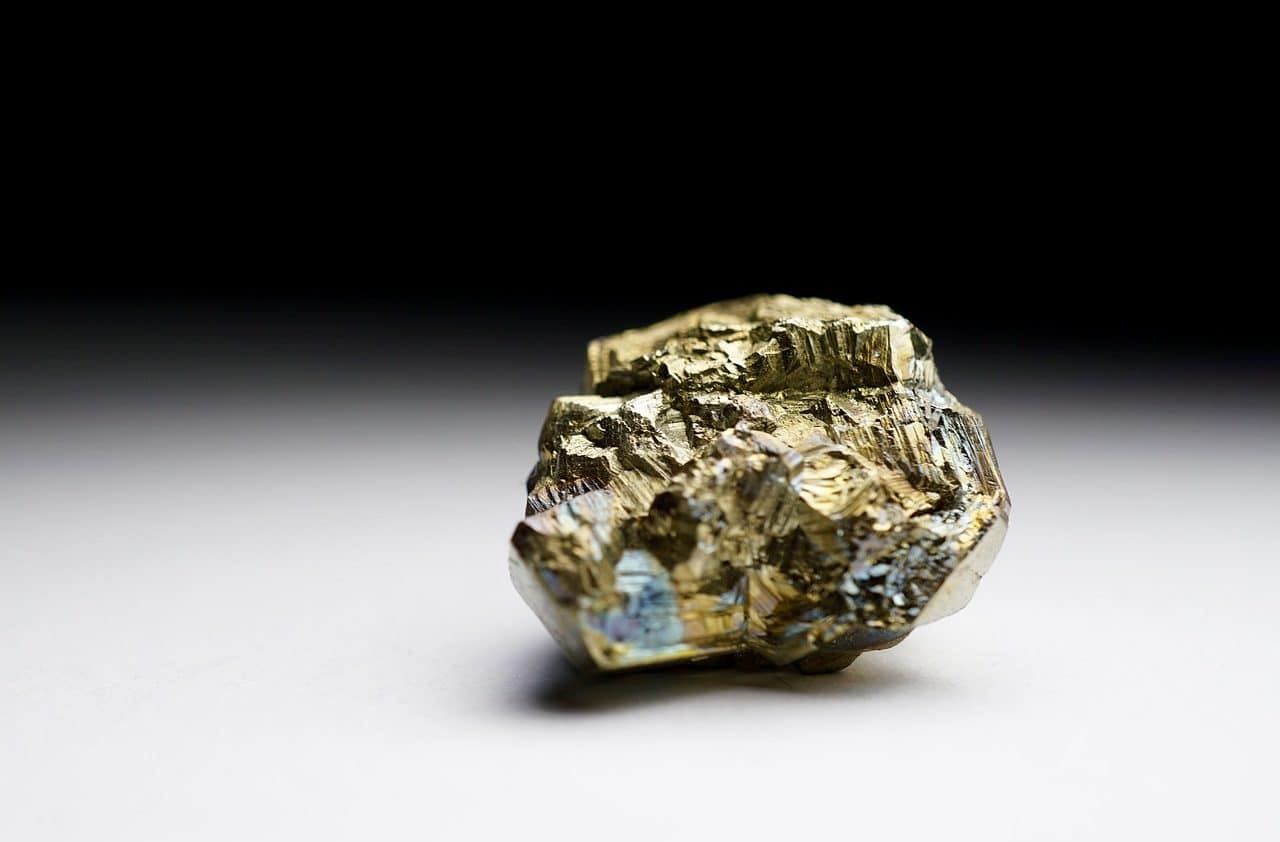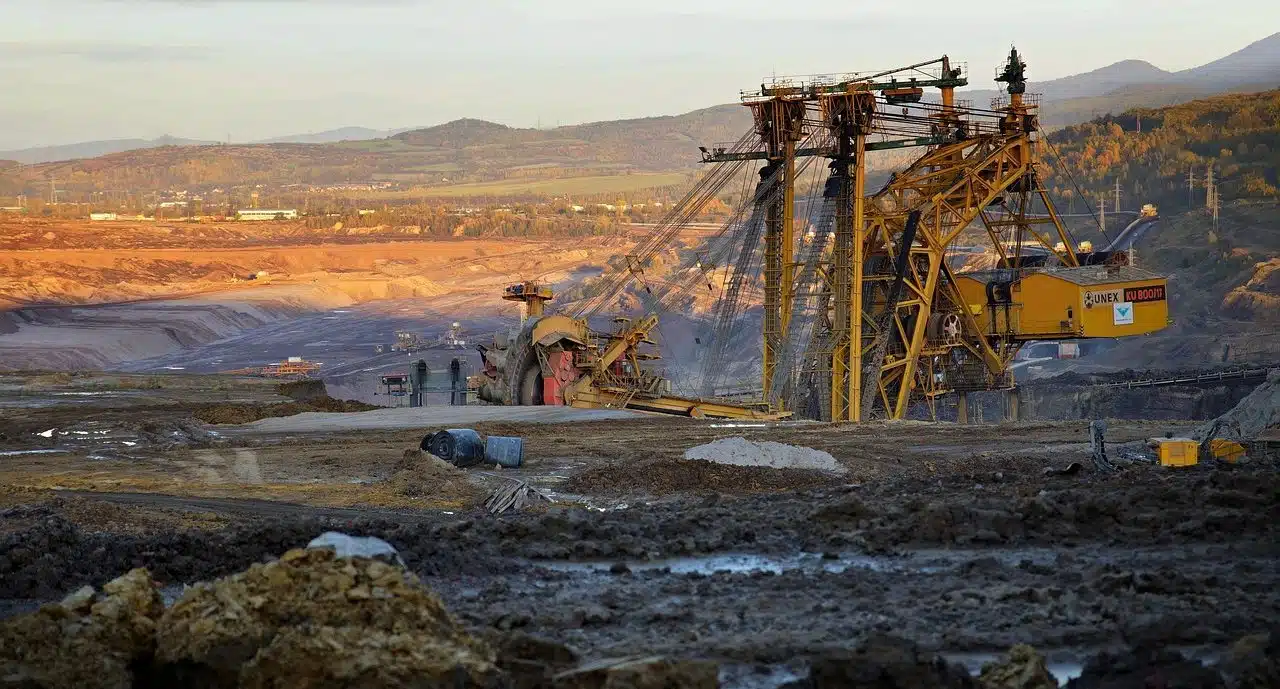
Mineral resources are minerals that can be exploited for some purpose.
Mineral resources are those minerals that are exploited for some purpose . The industry dedicated to the extraction and processing of mineral resources is called mining .
It should be noted that resources are goods or raw materials that have a certain utility in relation to an objective. In this way, a resource allows us to satisfy particular needs or survive. A mineral , on the other hand, is an inorganic material found in the Earth's crust .
Mining has existed since Prehistory since man discovered very early the importance of minerals for carrying out various activities. The relevance of mineral resources in our evolution lies in the fact that they enable the satisfaction of a large number of needs and generate, in turn, valuable economic resources.
Classification of mineral resources
Regarding its classification, it is carried out taking into account its economic value and its geological certainty. Broadly speaking, it is possible to distinguish between the following groups:
- Occurrences of minerals : they are not always of interest at an economic level, although they may be of interest at a geological level.
- Mining resources : they present a certain potential with respect to their economic value, which is why they are usually extracted.
- Ore reserves : They are also known as ore reserves (it is a mineral that can be extracted from a chemical element, usually a metal) and its extraction is beneficial, as well as legal and technically feasible.
Within the group of mining resources, in turn, it is possible to distinguish between resources:
- Demonstrated : are those occurrences of mineral that have economic importance and of which samples have been obtained in trenches, wells, outcrops or drillings, for example, to a point where it is possible to make a fairly reliable estimate of their grade, metallic content, tonnage, shape, as well as their physical characteristics and densities.
- Measured : These are demonstrated resources that have been sampled to be declared an acceptable estimate. In other words, a competent person, a concept that in this context and according to mining standards usually refers to a geology professional, performs a second sampling to verify the properties analyzed above.
Since classifying mineral resources is an economic function, it is not possible to carry it out without the relevant control through rules, regulations and statutes.

Mining is the industry dedicated to the extraction of mineral resources.
Negative effects of exploitation
The exploitation of mineral resources, however, can cause negative effects . When mining is not controlled efficiently, it is an activity capable of generating great damage to the planet , contaminating it.
This means that, even though mining is the main source of wealth for many cities and countries , there are groups that oppose this activity due to its risks. The extraction of mineral resources can contaminate water, destroy mountain ranges or lead to the disappearance of a forest, for example.
Those who work in mines to extract mineral resources, on the other hand, usually work in unhealthy conditions and are forced to face dangerous situations on a daily basis because they often work underground .
Broadly speaking, the following types of risks are recognized in mining: physical , which include traumatic injuries, deafness, skin cancer and the consequences of high barometric pressure, humidity and heat, typical of this work; chemicals , given exposure to coal dust, asbestos, crystalline silica, diesel particulates, and gases such as carbon dioxide and methane; biological , with infectious agents such as tubercle bacillus and legionella; ergonomic , given that even today many tasks are manual and repetitive, which can overload the muscles; and psychosocial , since the terrible working conditions lead to different psychological disorders.
